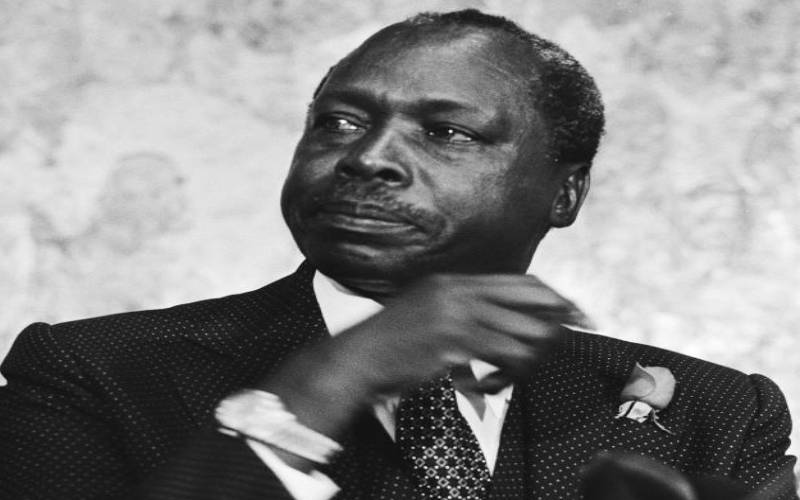×
The Standard e-Paper
Fearless, Trusted News

Daniel Toroitich arap Moi was born on September 2, 1924 in a small village of Kurieng’wo in Sacho Location of Baringo District.
He was named after his father Kimoi arap Chebii a Sot clan herdsman whose ancestors had migrated from the slopes of Mt. Kenya. They settled in the Tugen Hills to avoid intermittent skirmishes with the Maasai in the 19th Century.